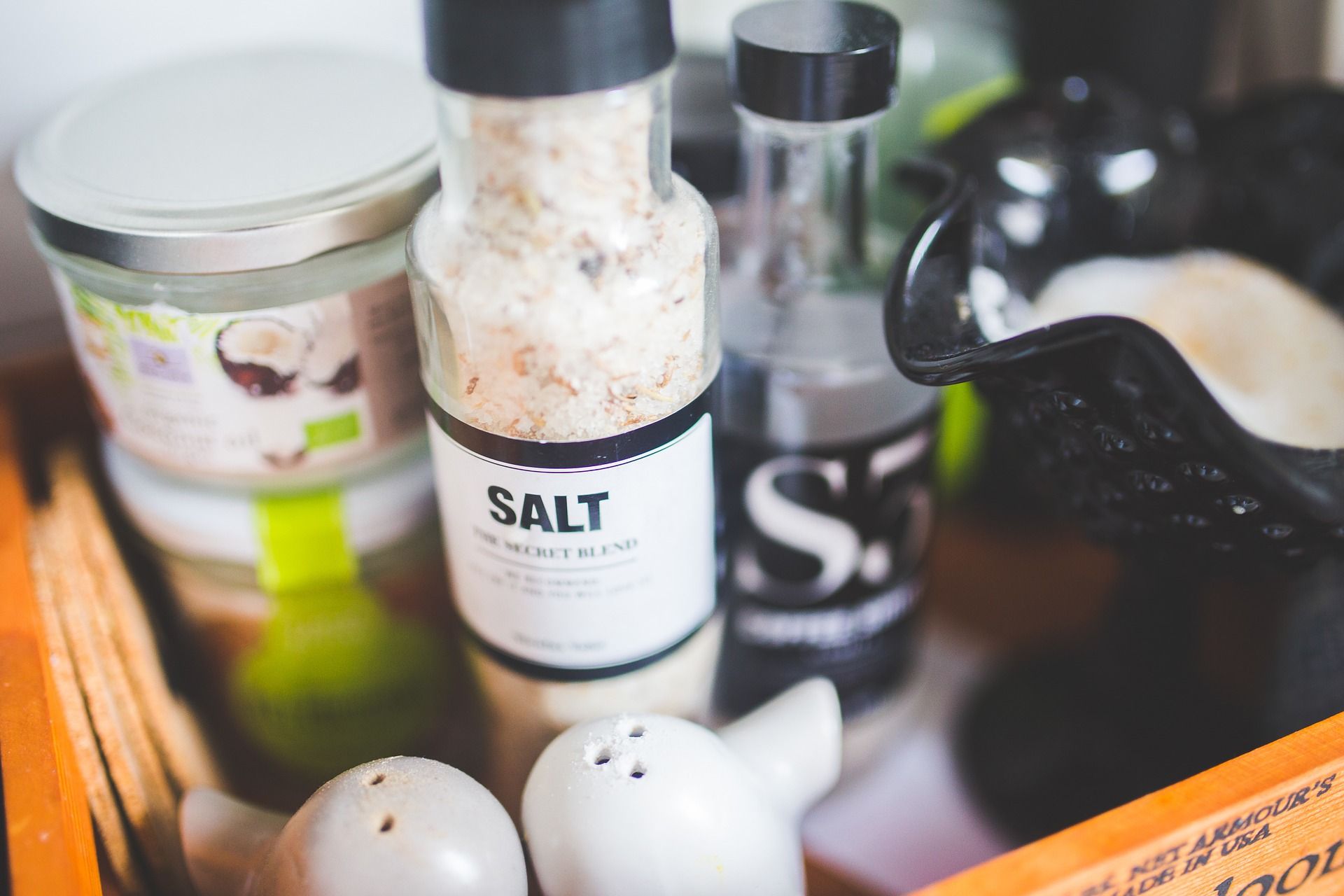In fact, too little and too much salt can be unhealthy for your body.
❌ Sodium deficiency often causes headaches, muscle aches, vomiting, drowsiness, difficulty concentrating, dizziness, cramps, loss of consciousness, heart and circulatory problems and often affects older people, athletes, or people after gastrointestinal illness.
❌ Too much salt can be fatal. The lethal dose leading to hypernatremia in adults is given as 0.5 to 5 grams per kilogram of body weight.
🟢 Salt is a vital mineral for our body and cannot be produced by the body itself, i.e., we must take it in. It is responsible for binding fluid in the body. Metabolism can take place via the body fluid and the necessary nutrients can be dissolved and transported to the cells.
Conversely, the removal and excretion of substances that are no longer needed is only possible via this pathway. Salt also plays a central role in the control of nerves and muscles. In addition, sodium is important for bone formation and chloride is an essential component of stomach acid and thus directly involved in digestive processes.
With increasing age, it becomes more difficult to maintain a constant fluid balance. The ageing organism can no longer compensate for deficits as well as it used to. Since older people also feel less thirsty and tend to drink too little, a lack of fluids easily occurs. This can have serious consequences if, for example, fluid is lost through heavy sweating on hot summer days or through fever or diarrhea. For older people, salt is therefore of great importance, especially from a health point of view, because salt binds the fluid in the body. A lack of salt and fluids, on the other hand, can have very serious health consequences, up to and including circulatory failure. Salt also seems to be of central importance for mental fitness in old age. There are studies that show that older people with a low-salt diet suffer from impaired memory and concentration. Sufficient and conscious consumption of salt is therefore important for health and optimal functioning of the heart and brain, especially in old age.
The WHO recommends a salt intake < 5 g per day (1 teaspoon) to prevent cardiovascular diseases. However, to date there is no scientific consensus on the harm or benefit of salt reduction.
Salt consumption In Germany
About 8 grams of salt are consumed daily per capita on average. Women's salt consumption is rather lower at an average of 7 g/day, while men consume slightly more salt at about 9 g/day (source: National Consumption Survey). However, this has nothing to do with taste preferences, but is since men generally eat a little more than women.
There are several sugar substitutes, but there is no substitute for salt in sight. And without salt, our metabolism doesn't run smoothly.
No salt, no life.
Do you like it salty, or do you use salt rather carefully ❓
Check also my next article about different types of salt for our daily use.

